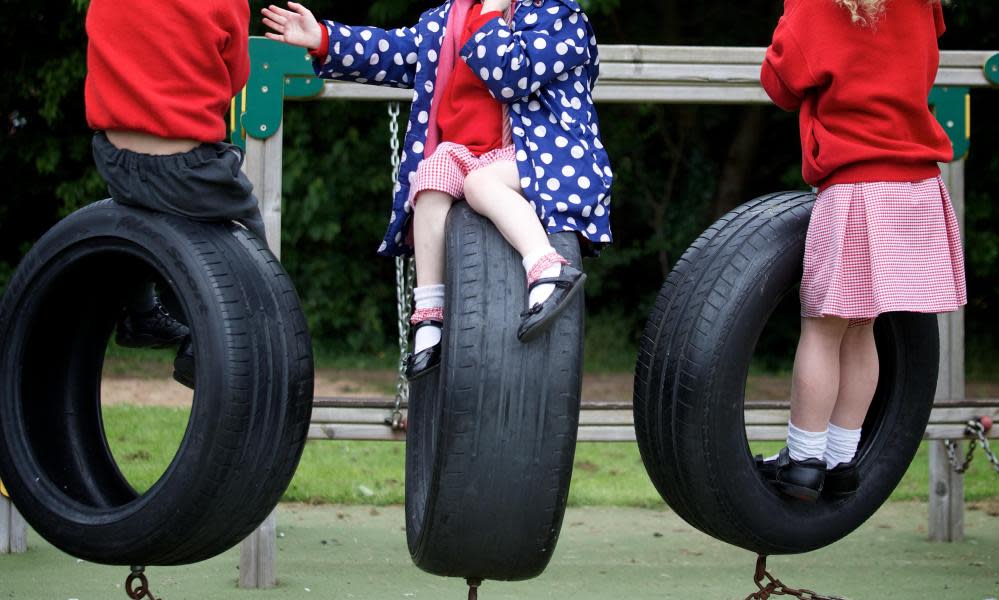Autistic girls going undiagnosed due to ‘camouflaging’ behaviour, study claims

Autistic girls are slipping under the radar and are not being diagnosed because they are adept at camouflaging their behaviour in an effort to try to fit in, according to a new study.
Autism is diagnosed in 1% of the population and a diagnosis is made more often – and earlier – in boys, with a reported ratio of four males to every female, according to the paper published in the Journal of Autism and Developmental Disorders.
The study explores how autism may manifest differently between sexes, with females who have autistic traits using behavioural camouflaging strategies so that they appear less autistic in social interactions, which can in turn lead to a delay in diagnosis.
Researchers from the Centre for Innovation in Mental Health at the University of Southampton, University College London and Liverpool Hope University, looked at social reciprocal behaviour, such as taking turns, following someone else’s lead, and being flexible.
In a study involving 84 participants aged between eight and 14, including both autistic and non-autistic boys and girls, participants were asked to take part in an interactive drawing task in which a researcher and participant took it in turns, working together, to create a drawing. Points were awarded for reciprocal behaviour.
Among female participants, the autistic and non-autistic children had almost identical scores, with autistic girls achieving an average score of 2.91 compared with 2.89 in the neurotypical group. Among boys, however, the non-autistic children achieved a significantly higher social reciprocity score, at 3.22 compared to 2.16 in the group with autism.
Related: Women 'better than men at disguising autism symptoms'
Dr Henry Wood-Downie, research fellow at Southampton Education School, at the University of Southampton, said better awareness of camouflaging could lead to increased support for those who might otherwise slip the net.
“We need to raise awareness of camouflaging in general, in terms of educating school staff, GPs and other practitioners, because there seems to be a lot of autistic females flying under the radar as things stand.
“And we want to raise this awareness so that girls who need it can access support at the earliest stage possible, because early intervention is usually key in promoting positive outcomes.”
Dr Julie Hadwin, of Liverpool Hope University’s School of Education Studies, added: “Camouflaging itself is something that can lead to difficulties. It’s a stressful, effortful thing to do. Girls describe camouflaging as constantly having to be something they’re not. And, of course, that’s a really difficult thing to maintain.”
Jolanta Lasota, chief executive of Ambitious about Autism, the national charity for children and young people with autism, said the impact of camouflaging could be catastrophic for autistic girls and women. “Attempting to mask or hide autistic behaviours in social situations is extremely damaging to young people’s mental health.
“We work with many autistic young women who have reached crisis point after struggling for years without getting the help they need. Autism is still often wrongly thought of as a male condition, and we need to tackle this outdated stereotype. Otherwise, autistic women and girls will continue to face the damaging consequences of a late or missed diagnosis.”


